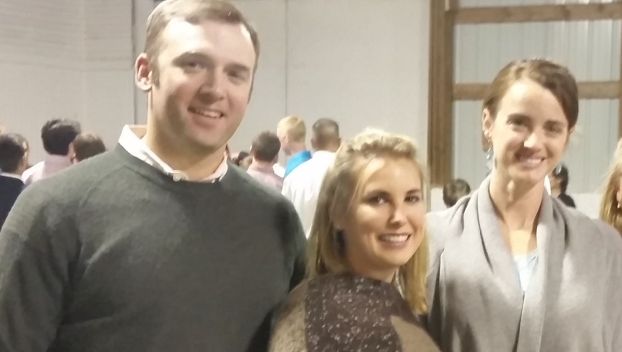
Sports
Beck made unforgettable impact on UK fans
More than 50 years ago, Dale Polley was living in Hopkinsville and he can remember his parents taking ... Read more

More than 50 years ago, Dale Polley was living in Hopkinsville and he can remember his parents taking ... Read more